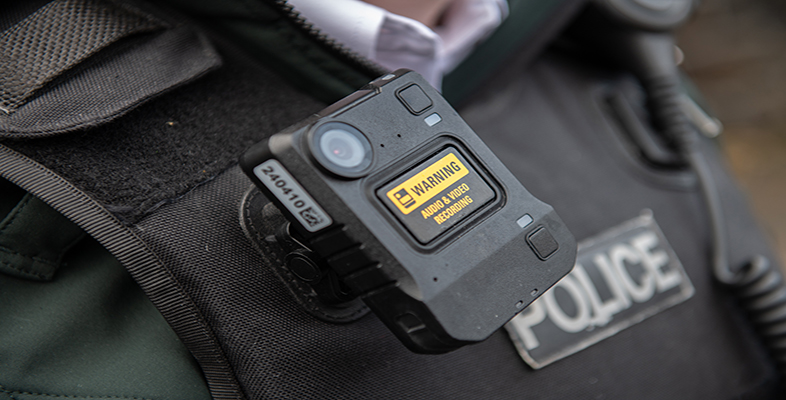3.1 Assessing evidence
For evidence-based policing to be successful it is crucial that evidence is fully assessed. This will determine if the study was implemented correctly, it will then examine the pre- and post-response data (both qualitative and quantitative). Following this, the process will determine if the goals or objectives of the study were attained. This will allow for the identification of successful strategies and to ascertain if any new strategies may be needed to augment the original plan.
An important element is that this assessment process is repeated at regular intervals to ensure the continued effectiveness of the study.
Randomised Control Trial
A key element of Sherman’s approach to EBP is the use of a Randomised Control Trial (RCT). The Cambridge Centre for Evidence-Based Policing (no date) state that an RCT is, ‘A research design intended to estimate the effects of a target program by’:
- a.Identifying a substantial number of people or other units of analysis,
- b.Selecting all units eligible for the target program and the RCT,
- c.Recording the identifying details of each eligible unit,
- d.Assigning some units (treatment group) to receive the program, while
- e.Insuring that no other units receive the target program, then
- f.Delivering the assigned treatments as randomized, and
- g.Comparing outcomes for the two groups
- h.During or after an appropriate follow-up period has elapsed.
An RCT is essentially an experiment that is conducted in a scientific manner in order to reduce bias and is generally used to try to gain knowledge about a ‘population’. Bedford and Mazerolle (2014, p. 403) highlight a range of examples of situations where RCTs have positively impacted on policing practice, including ‘trials of community policing, alternative approaches to domestic violence, problem-oriented policing, hot-spots policing, repeat-offenders policing, third party policing, crackdowns, and restorative policing’.
